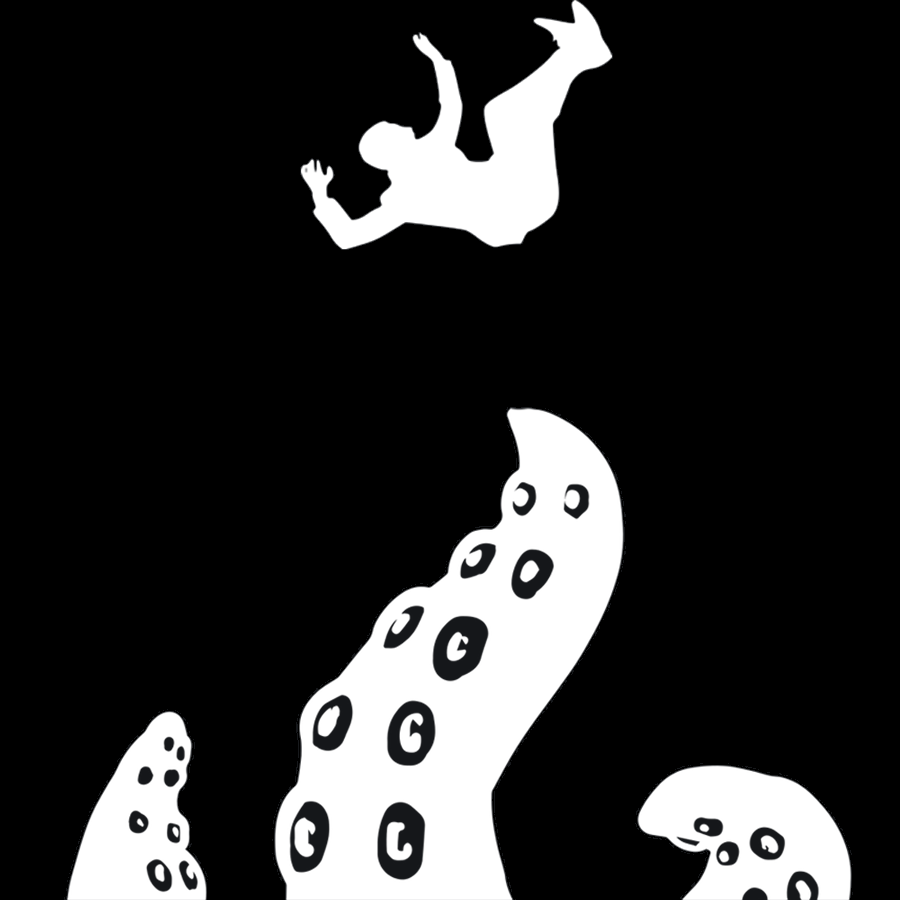Lung Cancer Vaccine Trial Reports Omit Crucial Info
News bias appears everywhere, even in stories about landmark medical achievements

mRNA vaccines are a marvel of medical science. Though the technology has been in the scientific community for some time, it rose to prominence in the early days of the COVID-19 pandemic. Many of the first COVID vaccines used mRNA technology to deliver a message to the body. This message would produce an immune response that targeted specific spike proteins within the COVID virus. Utilizing the technology in vaccines expands the possibility of inoculating and treating countless diseases. The full implications are hard to grasp for the average person, but it's not hard to imagine a litany of potential medical advancements in the near future.
One of these advancements is using mRNA technology for a lung cancer vaccine. Indeed, many trials around that advancement are now taking place in the seven countries. These were covered by BBC News, Global News and The Guardian.
All three of these articles go into the science behind the trials, but each of them frame the phenomenon as completely unique and groundbreaking. Global News' headline: "1st lung cancer vaccine trials launch, powered by COVID mRNA technology." The Guardian's reads "World-first lung cancer vaccine trials launched across seven countries." BBC News' piece is the only one that doesn't focus on the trials being the first mRNA lung vaccine going to trial.
But they are not the first lung cancer vaccines to go to trial. None of the articles mention that Cuba created the first lung cancer vaccine over 10 years ago.
Cuba's vaccine is called CimaVax-EGF, and was made available to the Cuban public in 2011. The drug is not preventative. A patient cannot take it before being diagnosed. However, once lung cancer is found in the body, CimaVax targets proteins produced by cancerous tumour. From a WIRED article on the vaccine, "[T]he point of Cimavax is to keep lung tumors from growing and metastasizing, turning a late-stage growth into something chronic but manageable."
CimaVax is not an mRNA vaccine, nor is it a preventative one. But to frame the trials as completely unique and separate from Cuba's treatment is telling.
Canadian news media, at the very least, is not immune to reporting on the medical advances in Cuba, though they are often framed around the continental North American experience. In 2016, CBC News published a story on a US man who travelled to Cuba, via Canada, regularly for the vaccine. The piece is a good example of what can be done when exploring the complicated issue of Cuba's life-saving treatments in the context of the US' restrictions. The author even goes as far as addressing the embargo as the main reason why the US man needs to travel via Canada.
To be clear, the headlines are not technically incorrect. This lung cancer vaccine and its trials can absolutely be classified as "first." But the qualifier is that they are the first lung cancer vaccine that relies on mRNA. Indeed, through all reporting, it appears this mRNA vaccine is also not preventative, similar to Cuba's CimaVax.
"The mRNA vaccine needs to be in combination with other treatments," Global News reports.
"[E]xperts are testing a new jab that instructs the body to hunt down and kill cancer cells - then prevents them from ever coming back," The Guardian reads, implying that cancer cells need to be present first.
It's important to stress, as well, that the mRNA vaccine being tested and developed is an unequivocal good. Due to the US' barbaric trade embargo on Cuba, the vast majority of Western citizens are prevented from their life-saving cancer treatment. If these trials are successful, they also build upon CimaVax's effects of merely stopping tumours from growing and metastasizing. Preventing the return of cancer cells may be vague language, but its implications are great. Additionally, developing more vaccines that use mRNA technology opens up a door for far more treatments in the future.
The issue here, then, is not that news media has reported on a global good. Reporting on this topic simply reveals the inherent bias against the achievements of geopolitical rivals in other areas of coverage. It would have taken one line to mention Cuba's previous lung cancer vaccine. None of the three pieces discussed here (of which all are independently reported) include this information.
Referring to Cuba's previous lung cancer vaccine, as well as how these latest trials build and further improve upon its effects, would have been fascinating. Were researchers inspired by CimaVax? How, other than the mRNA delivery method, does it differ? Is this technology something that can develop Cuba's lung cancer vaccine? All these questions are absent, because omitting Cuba's achievement absolves the outlets and writers of writing on these critical questions. If CimaVax were more widely available, they may see this story as losing some of its attraction. It may be that these outlets and reporters may have just been unaware of Cuba's vaccine (which is a problem, as well).
But if either is the explanation, it's a deeply cynical result. More uses for mRNA vaccines are an achievement regardless of what else is available on the market. Wider proliferation of a treatment that saves the lives of cancer patients is a marvel of medical science. Failure to mention the history of lung cancer vaccines, whether intentionally or otherwise, reveals inherent bias. Three separate outlets, of all varying funding structures and reporting styles, all left out Cuban contributions to the field.
If the reader was unaware of CimaVax, they would simply assume these are the first viable lung cancer vaccines in world history. They would not know that Cuba developed one over a decade ago. Their achievement doesn't undermine the work of the scientists to develop this new mRNA treatment. To the contrary, it would show how important collaboration is in the medical sciences. There are no downsides to adding that reporting, yet it still wasn't done.





